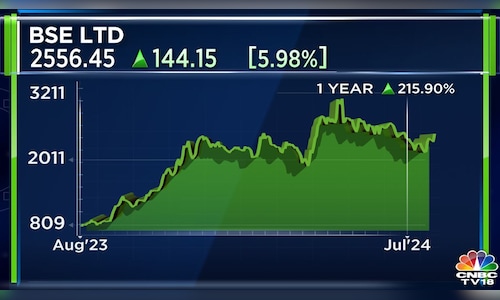[ad_1]
On Tuesday, July 30, SEBI released a consultation paper proposing tighter regulations for derivatives trading. These measures aim to enhance market stability and protect small investors.
One of the notable proposals is to restrict weekly options to just one benchmark index per exchange. This change is expected to affect the National Stock Exchange (NSE) more than the BSE. While NSE currently has four weekly index expiries, BSE only has two contracts, leading to a potentially lesser impact.
The expected impact on trading volumes and earnings for both exchanges varies. According to estimates from IIFL Securities, NSE could see a volume reduction of 30-35%, while BSE might experience a 20% drop. The earnings impact is also anticipated to be higher for NSE, with options constituting 60% of its revenue compared to BSE’s 40%. For FY26, IIFL Securities projects a 25–30% earnings impact for NSE, while BSE might see a 15–18% impact.
Brokerage firm Jefferies suggests that the removal of BSE’s Bankex weekly contract could affect its EPS by 7-9% over FY25–27. However, they believe that the spillover of trading activity from discontinued products could offset this impact, potentially leading to an EPS upgrade for BSE in the event of a moderate industry-wide impact from SEBI’s measures.
Also Read: Sebi proposes stricter derivatives regulations to enhance market stability
Another critical factor is the redirection of funds within the market. Investors looking to engage in the capital markets theme might shift their focus to BSE, which is less affected compared to other market participants.
On Wednesday, BSE’s stock rose by 6% to close at ₹2,556.45 per share. The Mumbai-based company currently has a market capitalisation of ₹34,608.29 crore and has delivered around 216% returns over the past year.
[ad_2]
Source link










